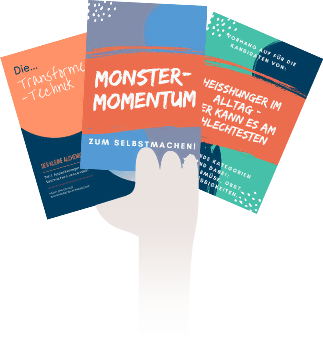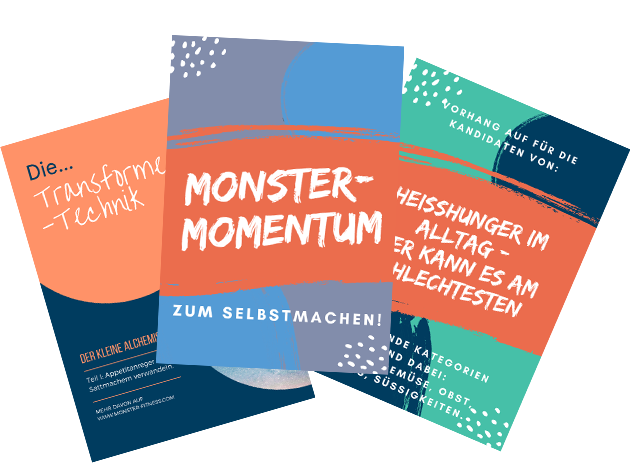¹ Modulation of obesity by a green tea catechin. (2000, 1. November). The American Journal of Clinical Nutrition. https://academic.oup.com/ajcn/article/72/5/1232/4729994?searchresult=1
² Green tea consumption and mortality due to cardiovascular disease, cancer, and all causes in Japan: the Ohsaki study. (2006, 13. September). National Library of Medicine. https://pubmed.ncbi.nlm.nih.gov/16968850/
³ Medicinal benefits of green tea: Part I. Review of noncancer health benefits. (2005, 11. Juni). National Library of Medicine. https://pubmed.ncbi.nlm.nih.gov/15992239/
⁴ Gahreman, D. (2016, 11. August). The Effect of Green Tea Ingestion and Interval Sprinting Exercise on the Body Composition of Overweight Males: A Randomized Trial. MDPI. https://www.mdpi.com/2072-6643/8/8/510
⁵ Jówko, E. (2014, 14. August). The effect of green tea extract supplementation on exercise-induced oxidative stress parameters in male sprinters. European Journal of Nutrition. https://link.springer.com/article/10.1007/s00394-014-0757-1?error=cookies_not_supported&code=bb422115-0535-40ce-84e4-8ebabb2d9698
⁶ Efficacy of a green tea extract rich in catechin polyphenols and caffeine in increasing 24-h energy expenditure and fat oxidation in humans. (1966, Dezember). National Library of Medicine. https://pubmed.ncbi.nlm.nih.gov/10584049/
⁷ Maufrais, C. (2018). Cardiovascular and Metabolic Responses to the Ingestion of Caffeinated Herbal Tea: Drink It Hot or Cold? Frontiers. https://www.frontiersin.org/articles/10.3389/fphys.2018.00315/full
⁸ Tea Polyphenols in Promotion of Human Health. (2018, 15. Dezember). US National Library of Medicine National Institutes of Health Search. https://www.ncbi.nlm.nih.gov/pmc/articles/PMC6356332/




